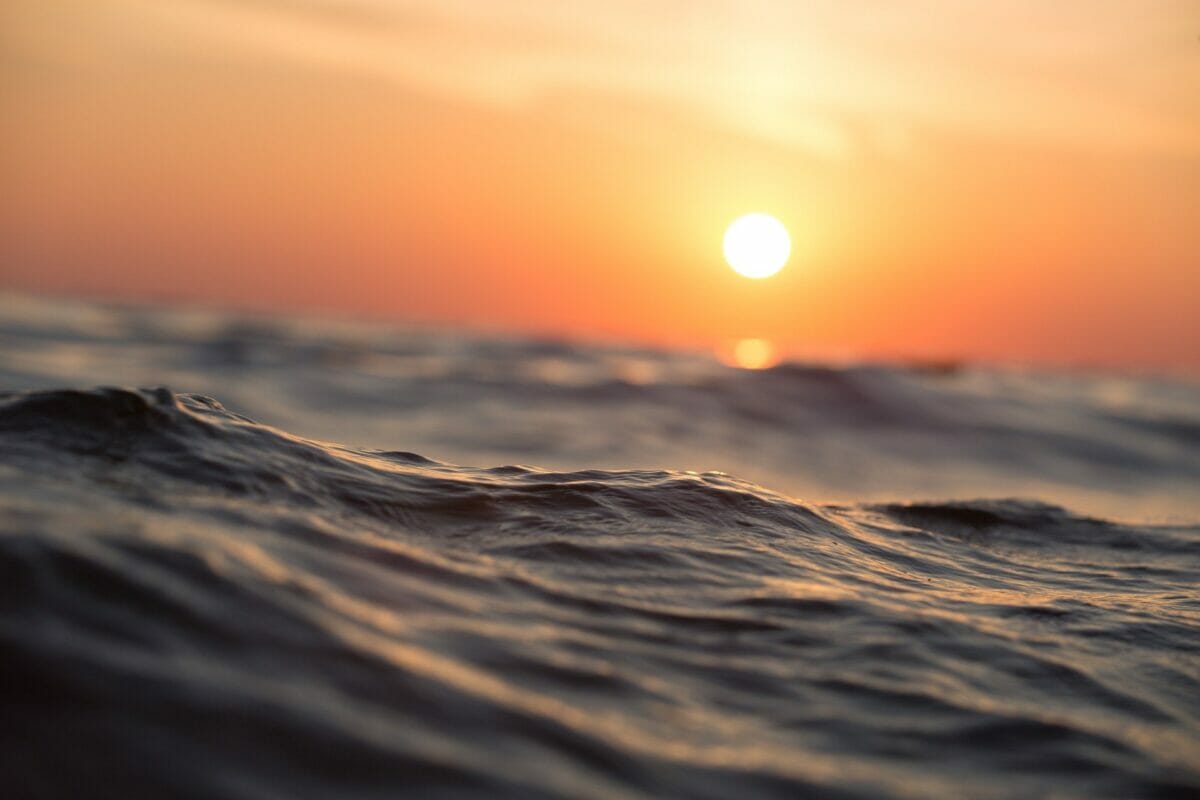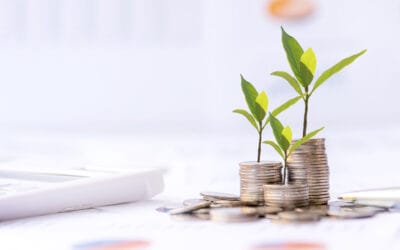Reducing risks for companies and oceans with engagement
“The health of the oceans should be of interest to us all – not just for ecological reasons, but also for economic ones,” explains DWS portfolio manager Paul Buchwitz on the occasion of World Oceans Day on June 8, 2023. The Blue Economy is expected to grow faster than the overall economy by 2030 and more than double its contribution to global value creation by 2030, starting from 2010. But according to a forecast by the WWF, value losses of more than 8.4 trillion dollars could be imminent in the next 15 years: pollution, overfishing and advancing climate change are putting considerable pressure on the marine ecosystem around the globe. According to Buchwitz, the pressure to act is therefore greater than ever: “Around 70 percent of all economic and service activities related to the ocean depend on a healthy ecosystem. Or, to put it another way, most of the businesses we invest in are exposed to risks related to ocean degradation.”
Understanding risks in order to derive transformation steps
According to Buchwitz, an important step in reducing these risks in the long term is to transform the Blue Economy into a sustainable Blue Economy. Investors in particular have an important role to play here, he says. It is not only important to promote companies whose business models and products already have a positive impact on the oceans, but also to work with companies that still need to improve their impact on the oceans. DWS therefore focuses on engagement – supported by its partner WWF Germany. Behind the term is intensive collaboration with companies in areas where there are risks associated with the ocean and potential for improvement can be identified. “We first need to understand how companies affect ocean health and where their ocean-related risks lie, so that in the next step we can derive transformation steps together with the companies.” Since there is a lack of publicly available data, particularly with regard to ocean-related risks, DWS relies on manual work, he said. “We send questionnaires to the companies, evaluate them – and depending on the results, we start engagements. Currently, we are in close dialogue with companies in the cruise, shipping and aquaculture sectors,” Buchwitz says.
The fund manager explains: “In the aquaculture sector, we are looking at whether the complete traceability of seafood in the supply chain is guaranteed, for example, in line with the UNEP-FI guidelines. But also, for example, what strategy the companies are pursuing with a view to advancing climate change,” says Buchwitz, explaining the procedure. Conceivable milestones of an engagement process could be, for example, the switch to escape-proof fish pens, the replacement of climate-damaging diesel generators with power sources from renewable energies, or the replacement of fish meal from wild catches with sustainable feeds such as insect proteins or microalgae.
Especially in major blue economy sectors such as aquaculture, which can have significant negative impacts on ocean health, not least in terms of pesticide and antibiotic use, the transformation is hugely important, he says – particularly given the continued strong growth. Forecasts by the Food and Agriculture Organization (FAO) suggest that fisheries and aquaculture production could rise to 202 million metric tons by 2030, a 14 percent increase on 2020, with aquaculture expected to account for the largest share of the increase. “But only if aquaculture is practiced sustainably can it make an important contribution to healthy and efficient marine ecosystems, offering not only attractive growth opportunities for companies, but also jobs and food security for many millions of people in the long term, Buchwitz explains.The relatively calm markets of the past two months should not hide a certain disorientation among investors, reflecting the great uncertainties on the economy and inflation. Dividend stocks may help investors weather economic storms.
















